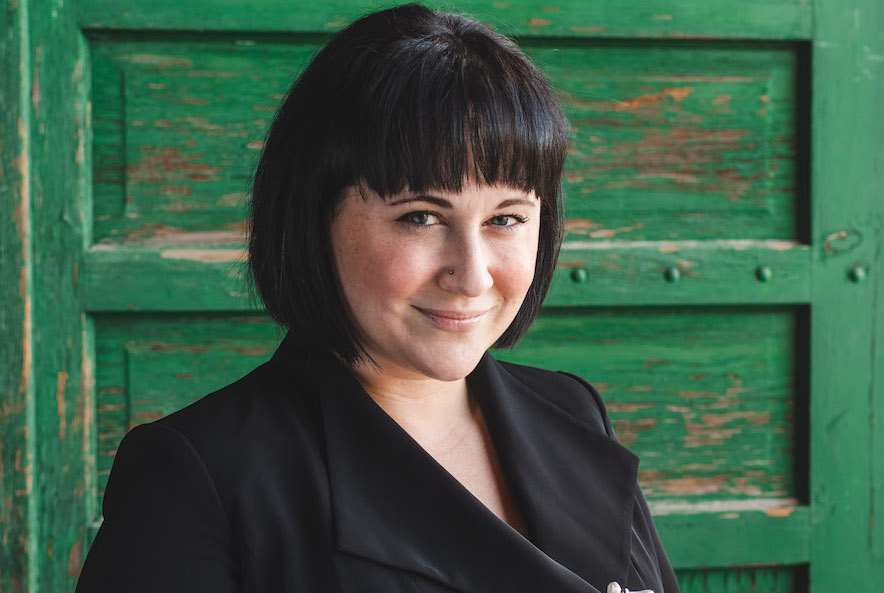
We’ve said it before and we’ll keep saying it: Pelvic Health is having a year in 2022! And today we can add another successful raise in the space to our list: Canada-based Hyivy Health has announced the closing of a $1.1M pre-seed round to continue work on its first-in-class, holistic pelvic health rehabilitation system, that combines a device as well as digital app-and web-based solutions targeting both patients and clinicians. Participants in the oversubscribed round include Threshold Impact, Beresford Ventures, Equation Angels, Zambon Research Venture, The51, OCI, iGan, and Velocity.
Rachel Bartholomew founded Hyivy in 2020 after fighting and recovering from cervical cancer. She was surprised by the lack of treatment options to help with pelvic floor rehabilitation and decided that something needed to be done. And that something eventually turned into Hyivy. She explains: “Through my cervical cancer diagnosis and recovery, I quickly learned the hard way that women have to navigate, and are often neglected by, a broken pelvic health system that has failed millions of women for decades. We’re passionate about taking women’s health care to the next level in a space that has seen little-to-no innovation in nearly 100 years.”
The company’s solution includes a multi-therapy vaginal wand, patient app, and clinician software created with the mission to address the unmet needs of the 1 in 3 women who are suffering with incurable pelvic health related illnesses. The 3-in-1 innovative rehabilitation system aims to provide a prescribed protocol from Hyivy Accredited Clinicians for patients to use at home featuring auto-dilation, hot and cold contrast therapies, and self-lubrication. Hyivy Health is the first technology to connect clinicians with patients as well as the first to collect both objective and subjective data about the pelvic floor. Patients will also have access to a Hyivy App where they can track their progress, gamify their treatment, and have on-demand virtual sessions with their therapist.
“We believe women deserve better and made the decision to create a medical device rather than a direct-to-consumer device well aware that it will be a more complex and costly process,” says Bartholomew. The new funds will be used to support this effort, and will be dedicated to work on the manufacturability of the device, safety testing and ISO 13485 certification, regulatory approvals for the FDA and Health Canada as a Class 2 Device, as well as completing an upcoming clinical trial in early 2022 with McMaster University to further explore the device’s use for pelvic pain with endometriosis patients.



